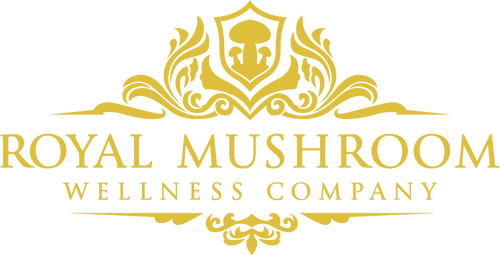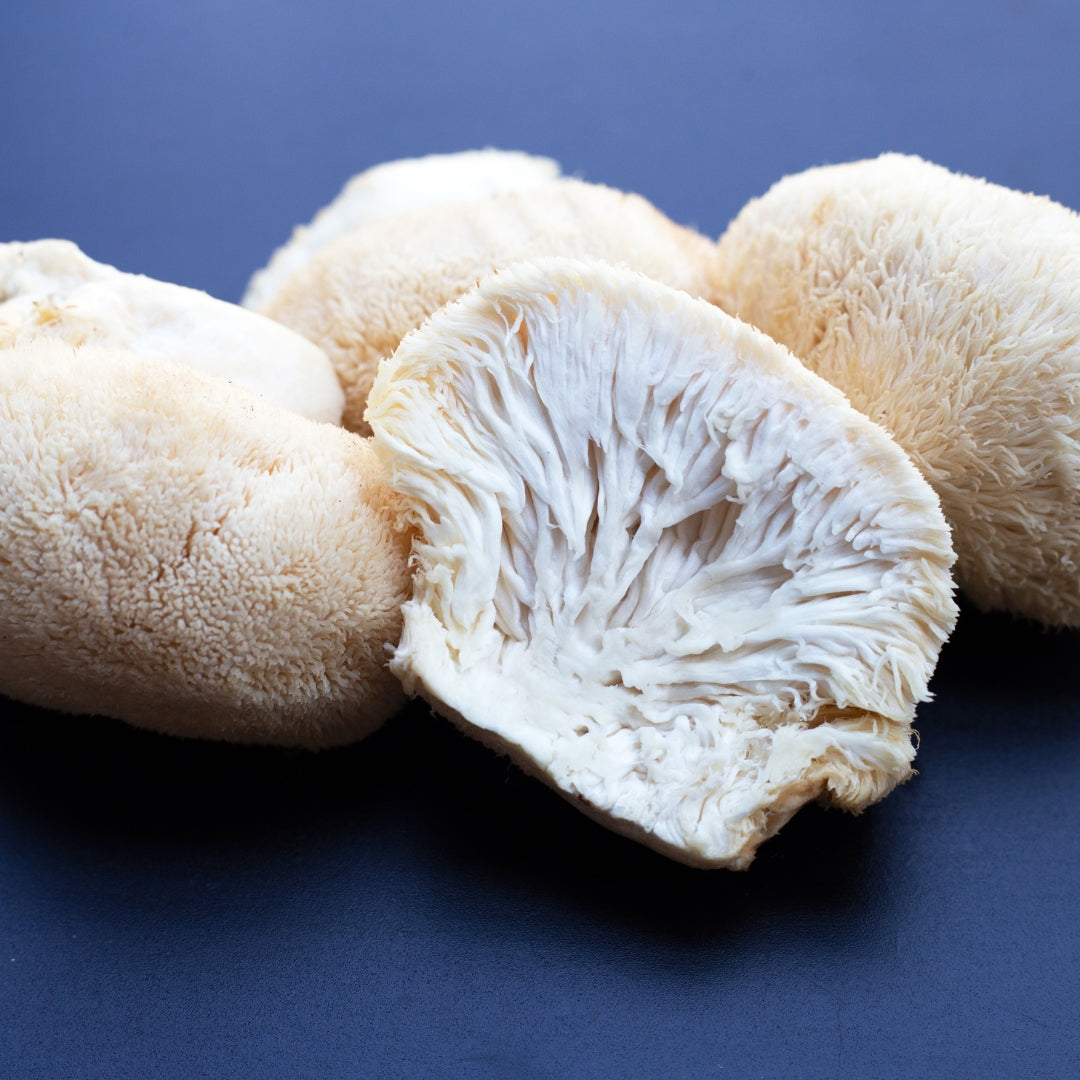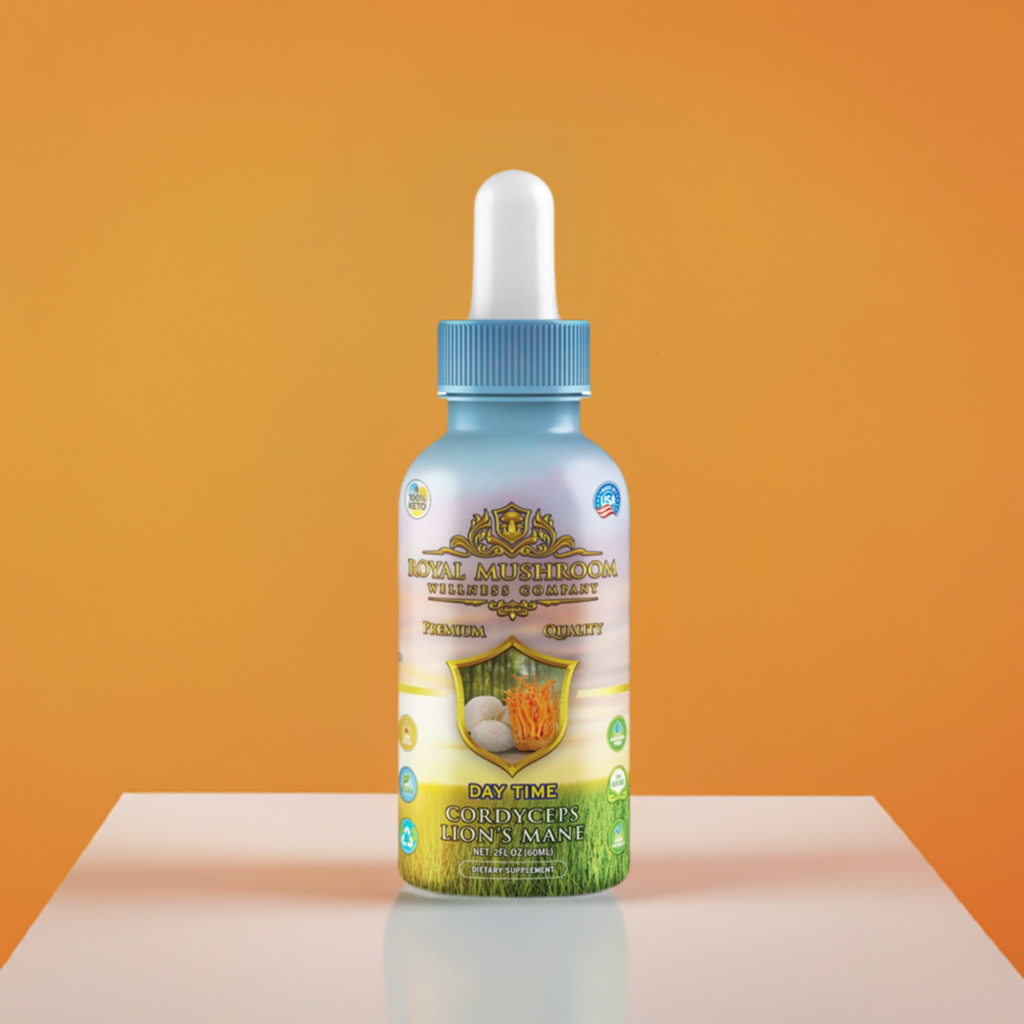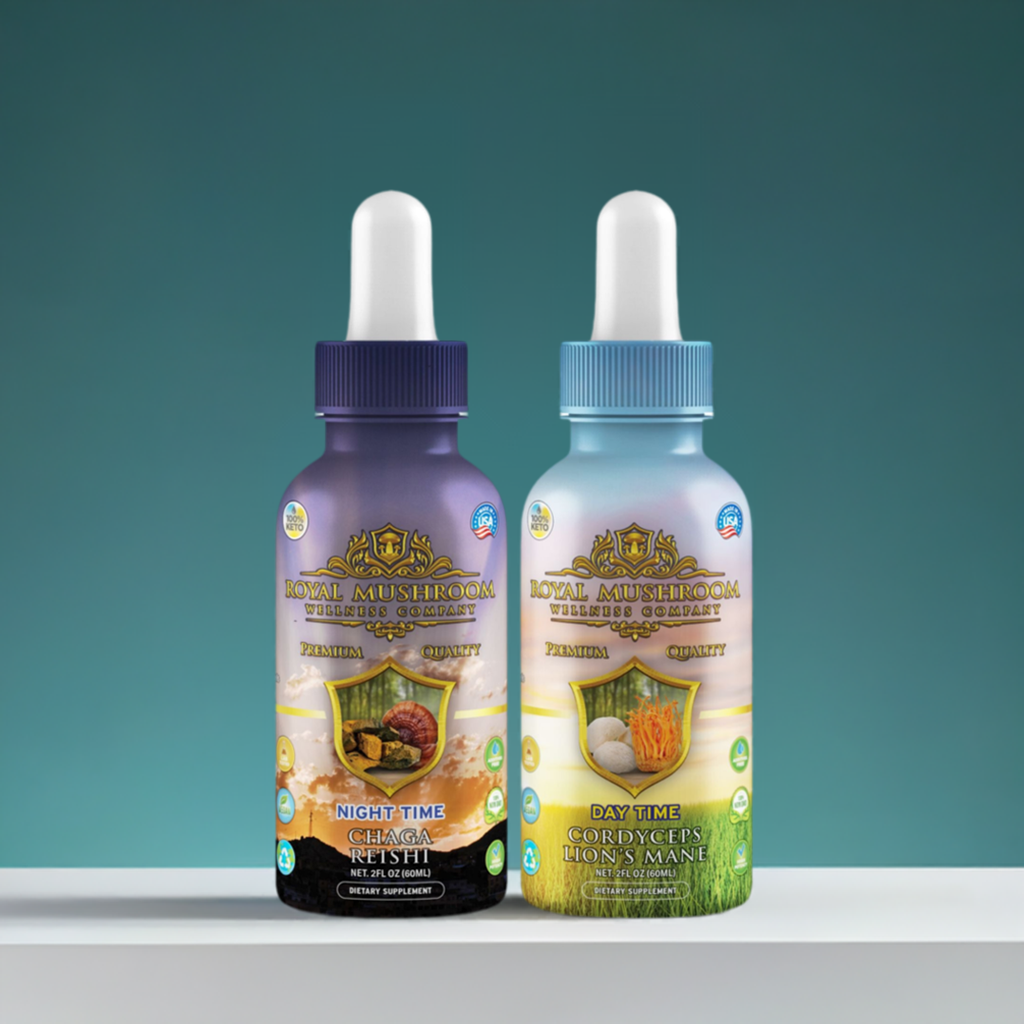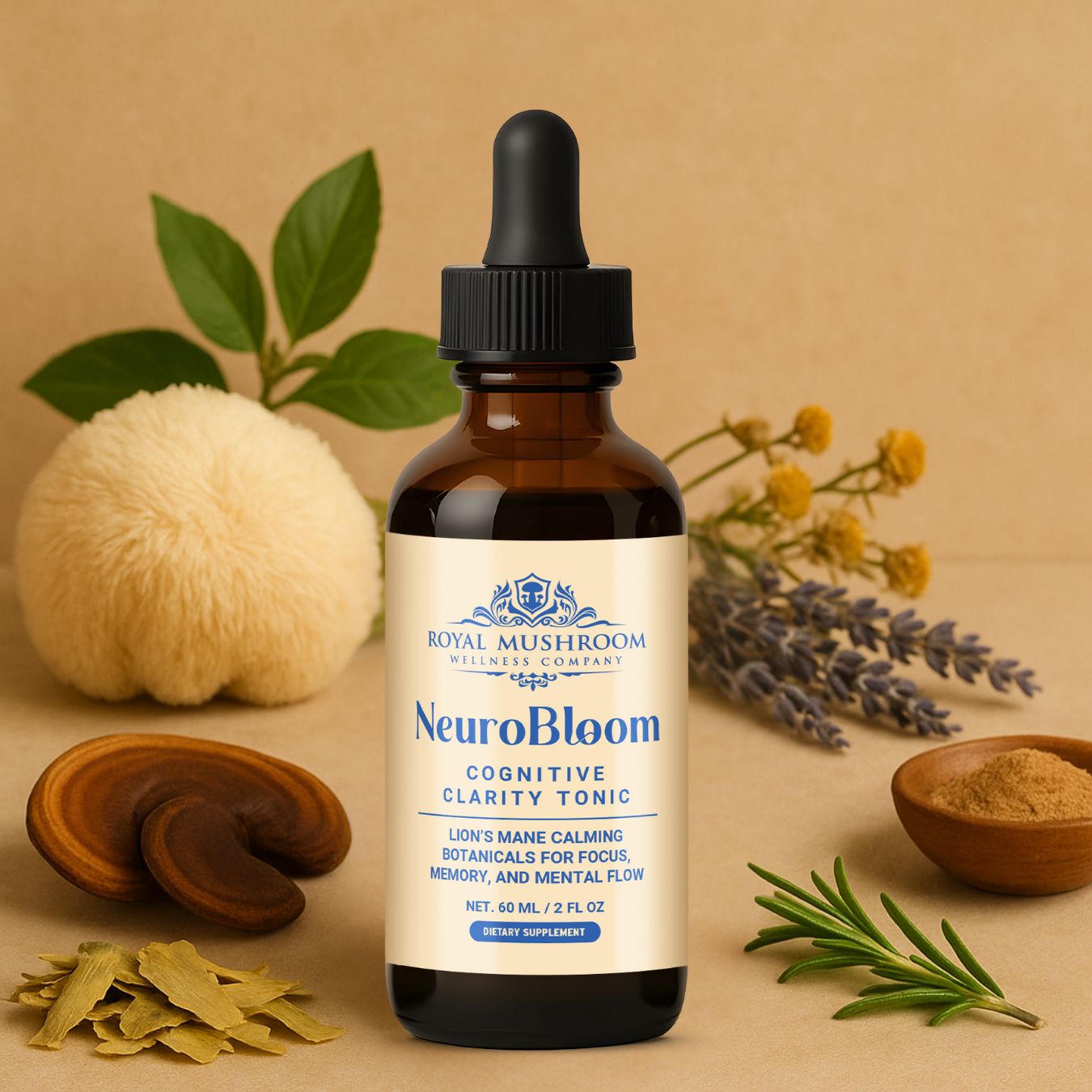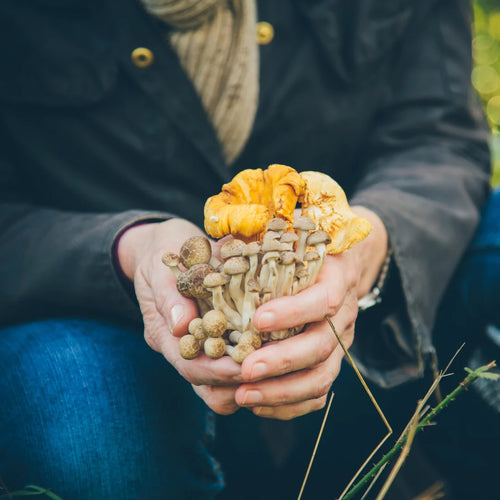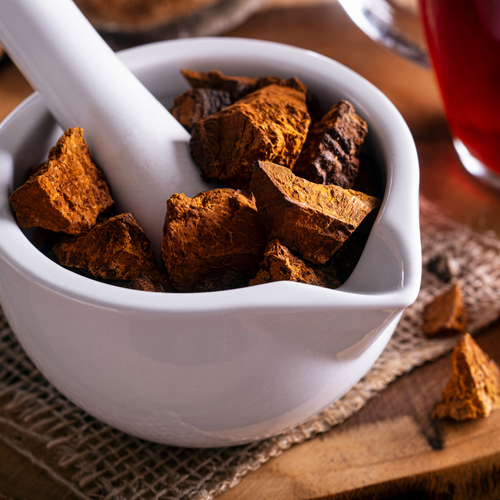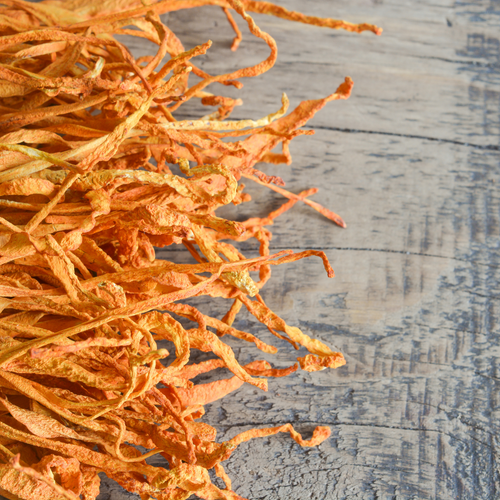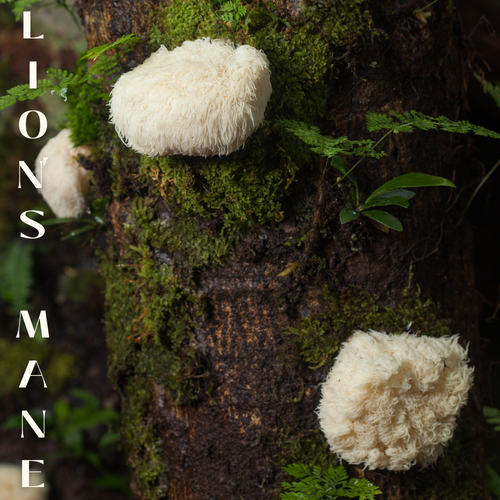The Lion's Mane mushroom, scientifically denoted as Hericium erinaceus, stands as a fascinating fungal species, known for its distinctive characteristics and potential health merits. In this article, we embark on a journey to delve into the native habitat of Lion's Mane, its gastronomic applications, life cycle, and the numerous potential advantages it offers. Our exploration is substantiated by credible sources.
Healthline - Lion’s Mane Mushroom: Benefits, Side Effects, and Dosage (Source)
The Native Environment of Lion's Mane
Lion's Mane mushrooms are naturally distributed across diverse regions worldwide, often making their homes on hardwood trees. These fungi are native to North America, Europe, and Asia, where they flourish within temperate and boreal forests. They exhibit a saprophytic nature, signifying their reliance on decomposing dead or decaying wood, predominantly oak, beech, maple, or birch trees, for nourishment.
Cooking with Lion's Mane Mushroom
Lion's Mane mushrooms have surged in popularity within culinary circles, thanks to their distinctive texture and flavor profile. The taste of these mushrooms is frequently likened to that of seafood, characterized by a subtle sweetness. While Lion's Mane mushrooms can prove elusive in their natural habitat, they are increasingly accessible through commercial sources and can also be cultivated in domestic settings.
The culinary versatility of Lion's Mane mushrooms allows for various preparation methods, including sautéing, roasting, grilling, and even serving as a meat substitute in vegetarian and vegan dishes. Lion's Mane oil, an extract derived from these mushrooms, can be employed in cooking to impart a rich and savory flavor to a wide array of recipes, spanning from stir-fries to pasta creations.
The Lifecycle of Lion's Mane
The lifecycle of Lion's Mane mushrooms adheres to a pattern akin to that of other fungal species. It encompasses multiple stages, commencing with spore germination, followed by mycelium expansion, the formation of the fruiting body, and the eventual release of spores. The mycelium, characterized by filamentous structures, colonizes the host tree, acquiring nutrients from decaying wood. Under favorable conditions, the mycelium proceeds to produce the distinctive Lion's Mane fruiting body, which emerges from the bark of the host tree. This fruiting body harbors spores, which are subsequently dispersed into the environment to perpetuate the mushroom's lifecycle.
U.S. Forest Service - Lion's Mane Mushroom (Source)
The Benefits of Lion's Mane
Lion's Mane mushrooms have attracted considerable attention from researchers and health enthusiasts due to their potential contributions to well-being. Some purported advantages linked to the consumption of Lion's Mane encompass:
-
Enhanced Cognitive Function: Lion's Mane contains compounds that may support cognitive abilities and memory retention. Research suggests potential neuroprotective qualities, making it of interest in conditions such as Alzheimer's disease.
-
Support for the Nervous System: Studies indicate that Lion's Mane might facilitate nerve growth and repair, positioning it as a potential candidate for addressing nervous system disorders.
-
Digestive Well-being: Lion's Mane could promote a healthy gut environment by fostering the growth of beneficial gut bacteria. A balanced gut microbiome holds implications for overall health.
-
Strengthened Immune System: Compounds found in Lion's Mane may possess immune-boosting properties, fortifying the body's defenses against infections and ailments.
-
Anti-Inflammatory Attributes: Lion's Mane comprises anti-inflammatory compounds, which could help alleviate inflammation, a factor linked to chronic diseases.
While these merits demonstrate promise, it is crucial to acknowledge that further research is warranted to fully comprehend the impact of Lion's Mane on human health.
Source: National Center for Complementary and Integrative Health - Lion's Mane (Source)
The Lion's Mane mushroom, with its captivating appearance and prospective health benefits, continues to captivate the attention of culinary aficionados and individuals mindful of their well-being. Gaining insights into its natural habitat, culinary utility, life cycle, and purported advantages can foster an enhanced appreciation for this exceptional fungal species. As with any dietary or health-related choices, it is judicious to engage in consultations with healthcare professionals before incorporating Lion's Mane into one's dietary or wellness regimen, particularly in cases involving specific health concerns or concurrent medication usage.
